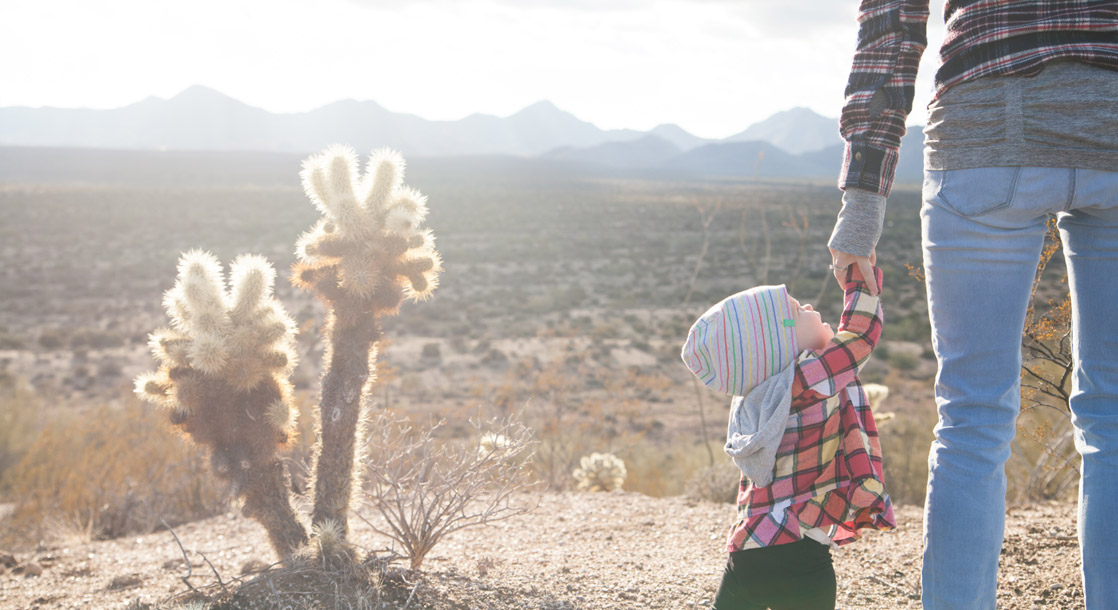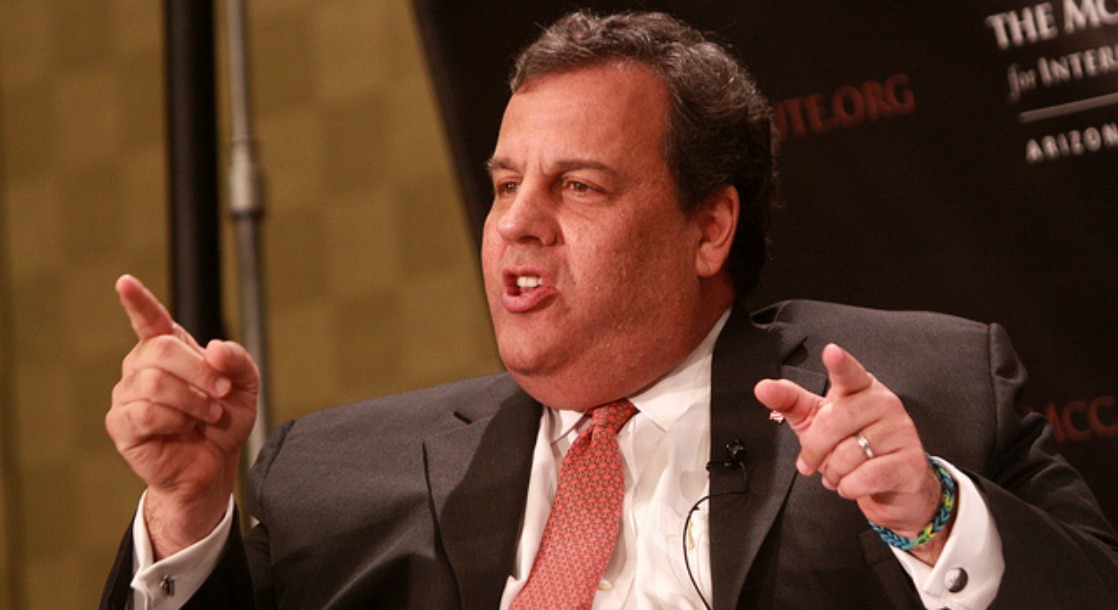The Arizona Supreme Court has confirmed that state officials cannot discriminate against pregnant people who legally use medical cannabis.
The court’s decision is the final word in a four-year legal battle between the state Department of Child Safety (DCS) and one of its former employees, Lindsay Ridgell. The case began in 2019, when the DCS placed Ridgell on the state child abuse registry and fired her because her newborn baby tested positive for cannabis. If not for her victory in court, Ridgell would have been listed as a child abuser for 25 years, and effectively been prevented from ever finding another social work job again.
Ridgell sued the state, arguing that she had been legally using medical marijuana to treat irritable bowel syndrome since 2010. The social worker did quit using cannabis products once she learned that she was pregnant, but began using it again after being diagnosed with hyperemesis gravidarum (HG), a serious condition that can cause extreme nausea, vomiting, and even miscarriage. Her physician was also fully aware that she was using cannabis during her pregnancy.
Last May, the state Court of Appeals unanimously ruled that Ridgell’s medical cannabis use did not constitute child abuse or neglect. The court wrote that the Arizona Medical Marijuana Act (AMMA) explicitly protects all registered medical cannabis patients from arrest, prosecution, penalties, or denial of standard rights due to their legal pot use. DCS officials are not allowed to punish pregnant women for taking drugs that are prescribed to them by their doctor, and the court ruled that the AMMA requires state officials to treat medical cannabis the same as any other physician-approved medicine.
DCS officials were unwilling to accept this unanimous decision, so they appealed to the state Supreme Court. On January 5th, the court officially declined to hear the appeal, which makes the appeals court’s decision the final word on the matter. The case is finally closed in Ridgell’s favor, and the DCS must now remove her name from the child abuse registry. The Supreme Court’s decision also sets a precedent that will make it harder for child safety officials to discriminate against pregnant medical cannabis users in the future.
“It’s so magnificent!” said Julie Gunnigle, the attorney who represented Ridgell in the case, to the Arizona Republic. “My client has been suffering for four years, fighting the uncertainty of this case.” Gunnigle added that the ruling “is of national import,” as it represents the most clear-cut decision on prenatal cannabis use to ever be issued by a state court.
Unfortunately, the precedent set by Arizona’s courts does not legally apply to any other state. And many states are now using their cannabis prohibition laws as an excuse to further discriminate against women. Twenty three states, plus Washington DC, all classify prenatal exposure to controlled substances as child abuse or neglect, and in many of these states, a mother can lose custody of her child over legal medical marijuana use.
In an extreme but increasingly common example, Alabama lawmakers have proposed a bill that would prevent women from buying medical cannabis unless they can prove that they are not pregnant. And even though this bill has yet to pass, Alabama cops are still using other child endangerment laws to lock pregnant people behind bars over minor cannabis possession. These laws allow courts to imprison women who are caught with weed for the duration of their pregnancies, even though prison time drastically increases the risk of miscarriages and poses many other severe health risks for expectant mothers.
Cover image via











